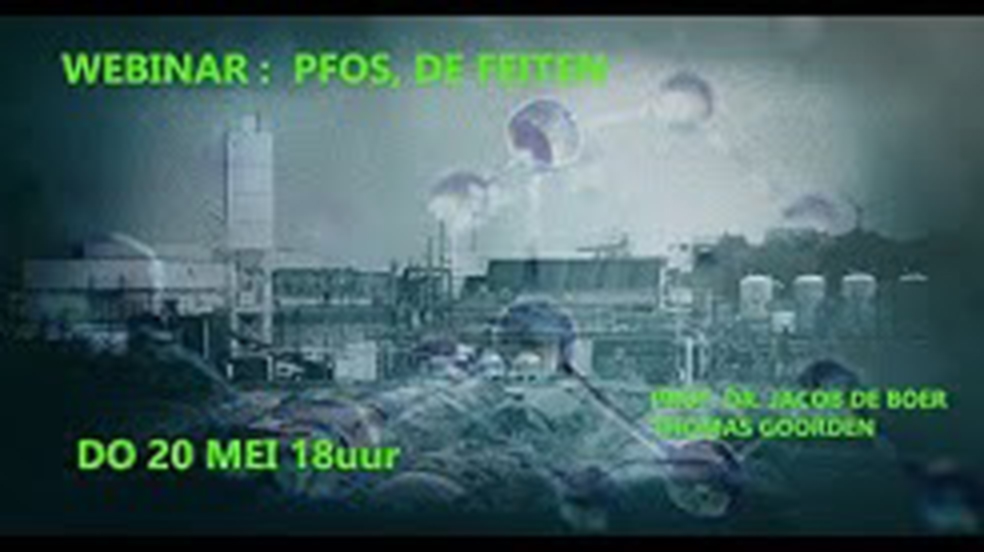22.10.2024 | Fundamental right
PFAS: TFA concentrations in Brussels residents' water exceed future European standard
The situation surrounding TFA (trifluoroacetic acid), a type of PFAS (poly- and perfluoroalkyl substances), in Brussels drinking water is raising increasing concerns. Recent analyses by Vivaqua show that the concentrations of this 'eternal pollutant' are structurally present in all six drinking water reservoirs serving Brussels and almost all exceed the future European guideline of 500 ng/L. This means that, if the new standard comes into force in 2026, no less than 97% of the current Brussels tap water will not meet the potability standards.
The challenge of removing TFA from drinking water lies in its chemical properties: TFA has an ultra-short chain, consisting of only two carbon atoms, which increases its mobility in water and makes filtration more difficult. Conventional filtration techniques such as activated carbon are ineffective against these short-chain PFAS, requiring expensive methods such as reverse osmosis—potentially increasing costs for end users.
Although the toxicity of TFA is still not fully documented, several scientific findings indicate that potential risks to the liver and immune system cannot be ruled out. Furthermore, Germany has taken steps in 2023 to place TFA on the European list of substances harmful to human reproduction, reflecting growing concern about its health impact.
Key Points and Implications:
- Health and Safety: The continued presence of TFA in Brussels' drinking water calls for a transparent dialogue with citizens about the health risks, the measures that are being taken, and how water quality will be guaranteed.
- Costs and Implementation: The introduction of reverse osmosis may lead to rising costs. Strategic planning and financing are needed to keep this technology affordable for the population.
- Information and Policy: Given the poor documentation of TFA toxicity, it is essential to work with environmental and health authorities to encourage further studies and implement proactive policies that protect public health.
Given that Vivaqua has been monitoring TFA since 2021, new steps in data collection and treatment techniques in collaboration with European partners could help prepare Brussels for the strict standards of 2026.



